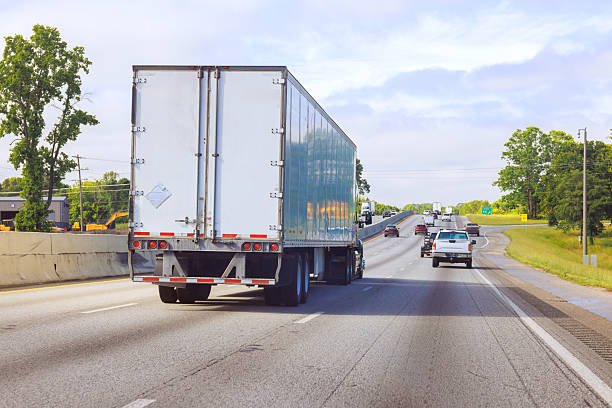Texas roads are becoming an increasingly hot spot for truck accidents. With the worsening statistics for injuries and deaths resulting from these incidents, you can expect a consequent rise in truck accident lawsuits and settlements.
Filing a truck accident case often involves intricate legal fights with trucking companies and their insurers. To establish a strong case, victims need more than just their testimony—they need reliable evidence.
Whether you’re working with a truck accident lawyer in Texas or preparing to file your own truck accident claims, Understanding which evidence carries the most weight can be the deciding factor between having your claim denied and securing a fair truck accident settlement.
- Why Evidence Matters in Texas Truck Accident Claims
- 1. Dashcam Footage: The Eyewitness That Never Blinks
- 2. Black Box Data (Electronic Logging Devices / Event Data Recorders)
- 3. Witness Statements: Human Accounts That Strengthen the Case
- 4. Police Reports: The Official Record of the Accident
- 5. Photos and Videos from the Scene
- 6. Trucking Company Records
- 7. Medical Records & Expert Testimony
- Best Practices for Preserving Evidence
- Final Thoughts
- Frequently Asked Questions
Why Evidence Matters in Texas Truck Accident Claims
In any truck accident lawsuit, proving fault and damages is critical. Because of Texas’s comparative negligence laws, compensation may be reduced if you are proven to be partly at fault. If you are 51% or more responsible, you may lose your right to recover altogether. That’s why gathering clear, objective evidence is essential. An experienced truck accident attorney must demonstrate:
The truck driver or trucking company was negligent.
Their negligence caused the accident.
You suffered quantifiable damages as a result.
Without strong, admissible evidence, your case may fail to meet these criteria. That’s why preserving and collecting the following key forms of evidence is essential.
1. Dashcam Footage: The Eyewitness That Never Blinks
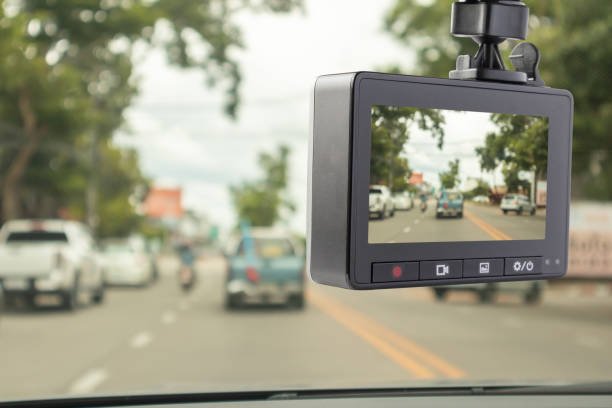
What It Is:
Dashcams (dashboard cameras) record video footage from a vehicle’s front or rear view. These cameras are commonly used by truckers, personal vehicle drivers, and some commercial fleets.
Why It’s Powerful:
Shows real-time footage of the accident.
Captures road conditions, other vehicles’ movements, and driver behavior.
Can confirm or dispute fault.
Legal Tip:
Ensure the footage is time-stamped and unedited. In Texas, dashcam footage is generally admissible in court if it’s relevant and properly authenticated.
2. Black Box Data (Electronic Logging Devices / Event Data Recorders)
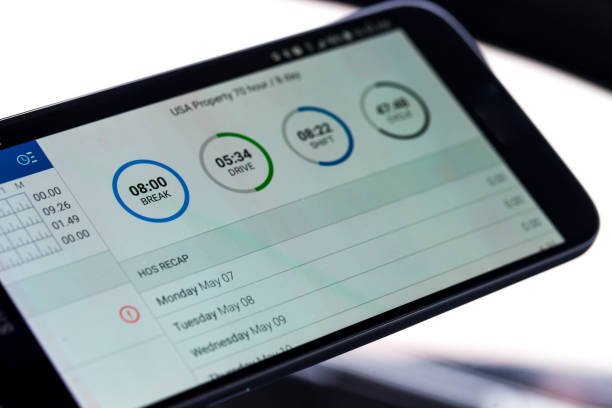
What It Is:
Most commercial trucks are equipped with an Electronic Control Module (ECM) or Event Data Recorder (EDR) — also known as the truck’s “black box.” These devices record key operational data such as:
Speed
Braking patterns
RPM
Steering inputs
Hours of service (HOS) logs
Why It’s Powerful:
This data can prove if the truck driver was speeding, fatigued, or failed to brake before the collision — all critical factors in proving negligence.
According to the FMCSA, ELDs are required for most interstate truck drivers in the U.S., making this data accessible in most accident cases.
Related Articles:
- Texas Truck Accident Claim Deadlines: How Long Do You Have to File?
- Who Can Be Held Liable in a Texas Truck Accident?
- How Truck Accident Claims Differ from Car Accidents in Texas
- Texas Truck Accident Laws Explained: FAQs Every Victim Should Know
3. Witness Statements: Human Accounts That Strengthen the Case

What It Is:
These are testimonies from people who saw the crash or events leading up to it — such as other drivers, passengers, pedestrians, or even nearby residents.
Why It’s Powerful:
Can corroborate your version of events.
Offers an unbiased third-party perspective.
Helps fill gaps when video evidence is lacking.
Tip: Get witness contact information immediately after the crash. Your attorney can later secure formal statements or depositions.
4. Police Reports: The Official Record of the Accident
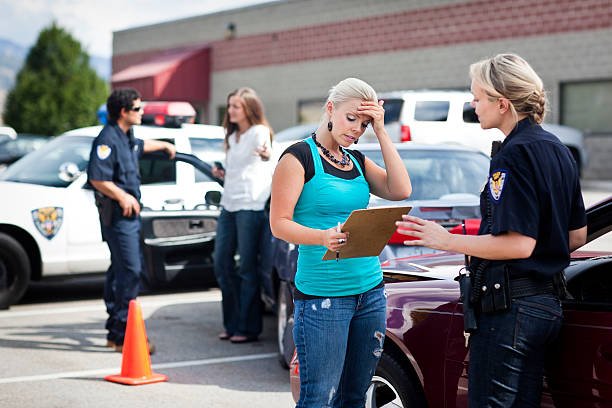
What It Is:
Texas law (Section 550.062 of the Texas Transportation Code) requires officers to file a Crash Report (CR-3) when an accident results in injury, death, or property damage exceeding $1,000.
Why It’s Powerful:
Contains the officer’s findings, diagrams, citations, and preliminary determination of fault.
May include statements from both parties and witnesses.
You can request a copy of your Texas crash report via the Texas Department of Transportation website.
5. Photos and Videos from the Scene

What It Is:
Media taken by drivers, passengers, or bystanders at the accident scene — including damage, road conditions, weather, and vehicle positions.
Why It’s Powerful:
Offers visual proof of the aftermath.
Documents skid marks, injuries, and environmental hazards.
Can be time-stamped for authenticity.
Related Articles:
- Is Lane Splitting Legal In Texas?
- 6 Apps to find the Best Truck Stops in Texas
- 9 Best Fuel Apps for Truckers in Texas
- 10 Best GPS Apps for Truck Drivers in Texas
6. Trucking Company Records

What It Includes:
Driver training records
Truck maintenance logs
Dispatch instructions
Previous violation or accident history
Substance abuse test results
Why It’s Powerful:
These records can reveal systemic issues like lack of proper maintenance or poor driver vetting — potentially shifting liability to the trucking company.
Note: These documents can be hard to obtain without legal action. A subpoena may be necessary.
7. Medical Records & Expert Testimony
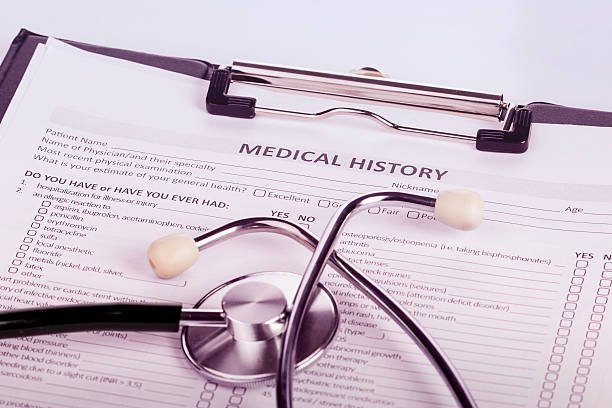
What It Includes:
Emergency room records
Doctor assessments
Ongoing treatment plans
Physical therapy or rehab documentation
Why It’s Powerful:
Proves the extent of your injuries and links them directly to the accident — crucial for calculating damages and compensation.
In some cases, expert witnesses (e.g., accident reconstructionists or medical professionals) may be brought in to interpret complex evidence.
Best Practices for Preserving Evidence
Act Fast: Request black box data early — it can be overwritten in as little as 30 days.
Hire a Truck Accident Lawyer in Texas: A legal team can send a “spoliation letter” to preserve key evidence.
Secure a Chain of Custody: Ensure that all evidence is properly documented and stored to maintain its admissibility in court.
Final Thoughts
Winning a truck accident case in Texas isn’t just about telling your side of the story — it’s about proving it with hard, irrefutable evidence. Dashcam footage, black box data, credible witnesses, and comprehensive records all form the foundation of a strong legal claim.
If you’ve been injured in a truck crash, don’t wait. Speak to a Texas truck accident attorney as soon as possible to protect your rights and ensure that no evidence is lost or destroyed.
Frequently Asked Questions
What type of evidence is most important in a Texas truck accident case?
Key evidence includes dashcam footage, black box data, police crash reports, medical records, and trucking company maintenance logs. Together, they help prove fault and damages.
How can dashcam footage help in a Texas truck accident claim?
Dashcam footage provides real-time visual proof of the accident, including road conditions and driver behavior, helping confirm or dispute liability in your case.
What does a truck’s “black box” or ELD record after an accident?
The Electronic Logging Device (ELD) or black box records vital data like speed, braking, RPM, and driver hours — crucial for showing negligence or rule violations.
Are police reports necessary for Texas truck accident lawsuits?
Yes. Police crash reports (Form CR-3) contain official findings and diagrams that can strongly influence liability decisions in court or during settlement negotiations.
How long do trucking companies keep black box data after a crash?
Black box data can be overwritten within 30 days. That’s why it’s vital to request this evidence immediately or have a lawyer send a “spoliation letter” to preserve it.
Can witness statements make a difference in a truck accident case?
Absolutely. Neutral witnesses provide firsthand accounts that can support your version of events when there’s limited physical or video evidence.
Why are medical records essential after a truck accident?
Medical documentation links your injuries directly to the crash, proving physical and emotional damages — a crucial factor for fair compensation.
How do I get a copy of my Texas crash report?
You can request your official crash report through the Texas Department of Transportation (TxDOT)
When should I contact a Texas truck accident lawyer?
Contact an attorney immediately after the accident. A lawyer can secure evidence before it’s lost, handle insurers, and build a stronger legal case for compensation.
Certified tech nerd 🤓 and researcher. I split my time between digging into gadgets ⚙️ and decoding the legal landscape of transportation safety ⚖️.
When I’m not focused on consumer rights, you can find me lifting weights 🏋️♂️, gaming 🎮, reading 📚, or vibing with the crew 🤘.

